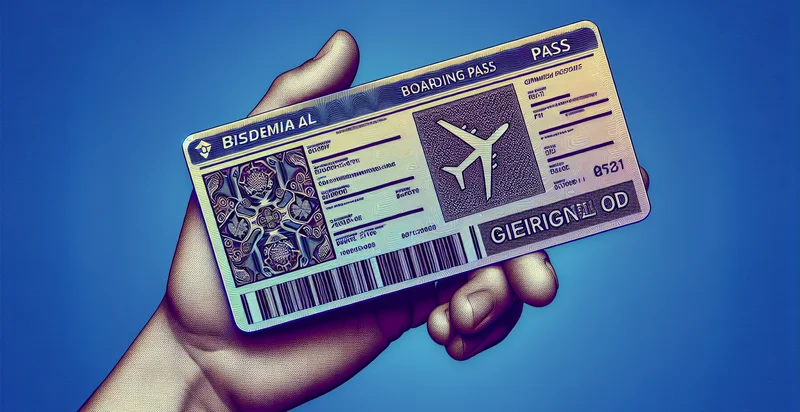Identify latency of check-in
using AI
Below is a free classifier to identify latency of check-in. Just input your text, and our AI will predict the expected latency for each check-in. - in just seconds.

Contact us for API access
Or, use Nyckel to build highly-accurate custom classifiers in just minutes. No PhD required.
Get started
import nyckel
credentials = nyckel.Credentials("YOUR_CLIENT_ID", "YOUR_CLIENT_SECRET")
nyckel.invoke("latency-of-check-in", "your_text_here", credentials)
fetch('https://www.nyckel.com/v1/functions/latency-of-check-in/invoke', {
method: 'POST',
headers: {
'Authorization': 'Bearer ' + 'YOUR_BEARER_TOKEN',
'Content-Type': 'application/json',
},
body: JSON.stringify(
{"data": "your_text_here"}
)
})
.then(response => response.json())
.then(data => console.log(data));
curl -X POST \
-H "Content-Type: application/json" \
-H "Authorization: Bearer YOUR_BEARER_TOKEN" \
-d '{"data": "your_text_here"}' \
https://www.nyckel.com/v1/functions/latency-of-check-in/invoke
How this classifier works
To start, input the text that you'd like analyzed. Our AI tool will then predict the expected latency for each check-in..
This pretrained text model uses a Nyckel-created dataset and has 5 labels, including Average, Quick, Slow, Very Quick and Very Slow.
We'll also show a confidence score (the higher the number, the more confident the AI model is around the expected latency for each check-in.).
Whether you're just curious or building latency of check-in detection into your application, we hope our classifier proves helpful.
Related Classifiers
Need to identify latency of check-in at scale?
Get API or Zapier access to this classifier for free. It's perfect for:
- Hotel Guest Experience Improvement: The 'latency of check-in' identifier can be employed by hotels to streamline their check-in processes. By analyzing the time taken for guests to check in, hotels can identify bottlenecks and enhance staff efficiency, leading to an improved guest experience.
- Airline Check-in Optimization: Airlines can use this function to monitor the latency of the check-in process at various airports. By assessing the data, they can implement changes to reduce wait times, ultimately improving customer satisfaction and operational efficiency.
- Event Venue Management: Event organizers can utilize the 'latency of check-in' identifier to gauge the efficiency of their registration systems. Tracking check-in times can help them allocate resources more effectively and reduce congestion during high-traffic times.
- Retail Checkout Efficiency: Retailers can adopt this function to analyze the latency of check-out procedures in stores. Understanding peak latency times allows them to optimize staffing during busy periods, reducing customer wait times and enhancing overall shopping satisfaction.
- Gym Membership Check-in Analysis: Fitness centers can employ the identifier to evaluate check-in speeds at different times of the day. By identifying trends in latency, they can schedule staff more appropriately and improve the check-in experience for their members.
- Concert and Festival Entry Management: This function can help concert and festival organizers assess how efficiently attendees are checked in. By analyzing latency data, they can make adjustments to entrance layouts or staffing levels to improve the flow of guests and exhibit high levels of customer service.
- Public Transportation Boarding Efficiency: Public transportation authorities can use the 'latency of check-in' identifier to review the efficiency of boarding processes on trains and buses. By reducing check-in and boarding delays, they can enhance the overall rider experience and encourage greater use of public transit.


